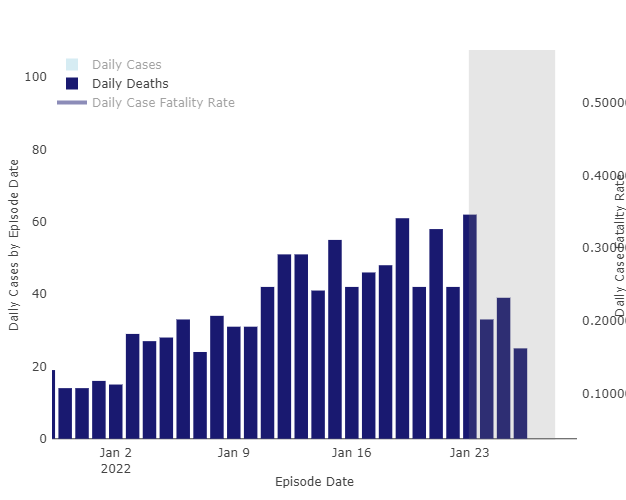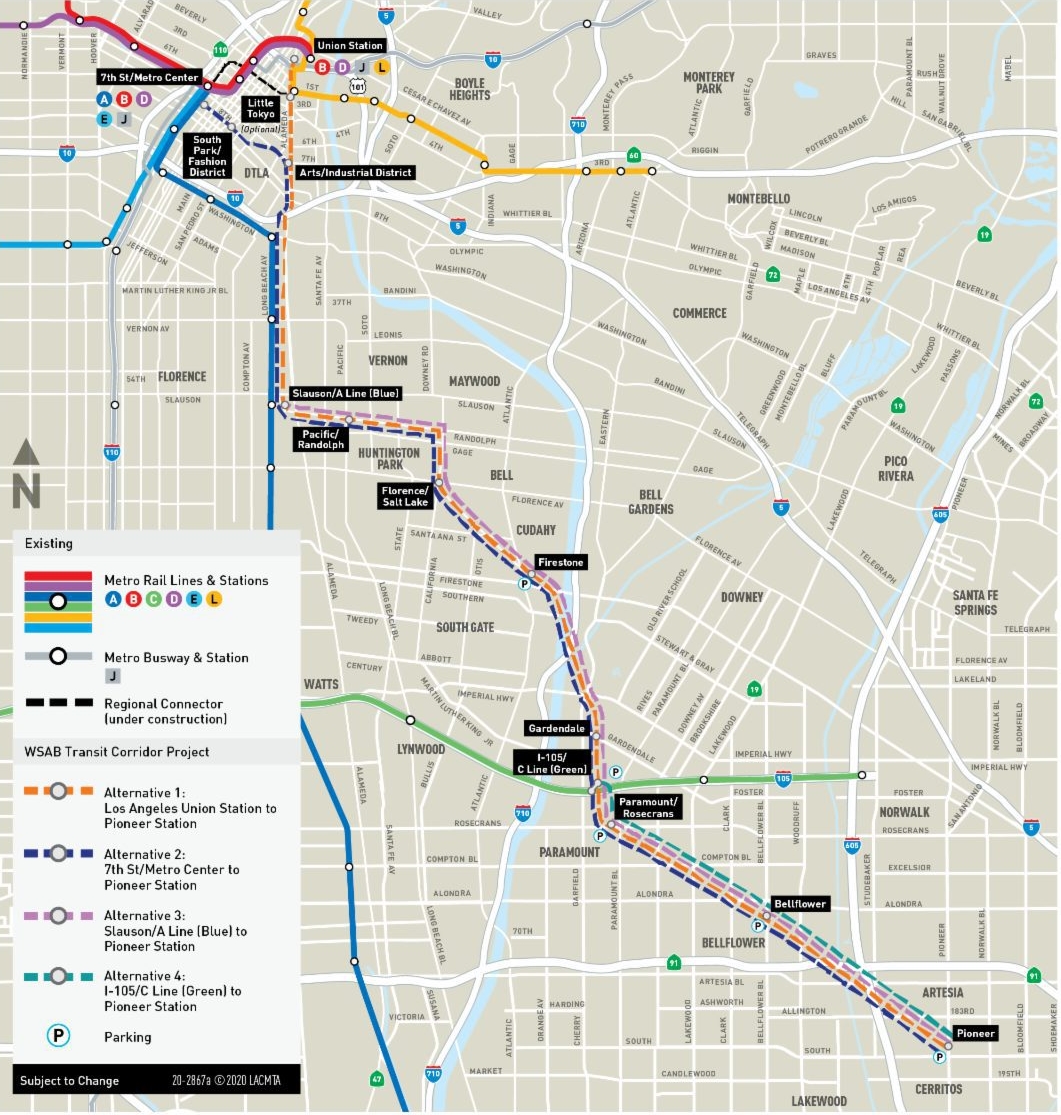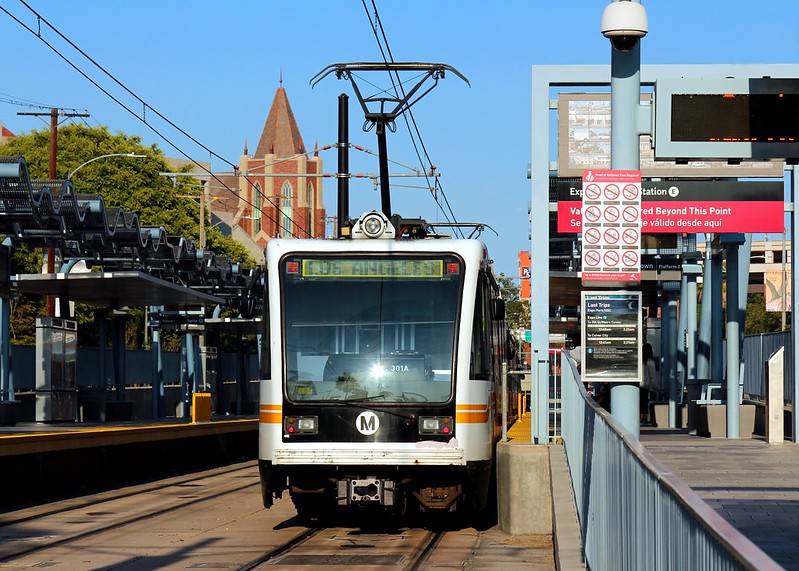Los Angeles County reported another 101 COVID-19-related deaths Friday, one of the highest daily numbers of the past year — and the result of a winter surge in infections that drove up hospitalizations.
The fatalities gave the county an overall pandemic death toll of 28,816.
Another 23,796 infections were also reported Friday, raising the cumulative total from throughout the pandemic to 2,610,385.
As of Friday, there were 4,192 COVID-positive patients in Los Angeles County hospitals, according to state figures. That was down from 4,323 on Thursday. The number of those patients being treated in intensive care rose to 766, up from 746 on Thursday.
The county’s rolling average rate of people testing positive for the virus continued to fall, reaching 11.6% as of Friday, down from 12.7% a day earlier.
“As we turn the corner on this surge, let’s continue to stay focused on protecting our workforce,” county Public Health Director Barbara Ferrer said in a statement. “Doing so helps reduce staff shortages, spread among family members, strain on our healthcare system, and economic distress often among those least resourced. Each of us can do our part by getting vaccinated and boosted, wearing a well-fitting medical mask or respirator indoors or when in a crowded outdoor setting, staying home if sick, getting tested, and notifying close contacts of potential exposure when experiencing COVID-19 symptoms.”
The county has been experiencing downward trends in the daily case rate and testing-positivity rate over the past two weeks. Hospital numbers have been also falling, but the number of daily deaths has remained relatively high – – following the normal pattern of rising in the weeks after increases in hospitalizations.
Health officials have continued to preach caution despite the lowering COVID trends, warning that as long as the virus continues to spread, new and more easily transmitted variants of the virus can arise, much like the recent Delta and Omicron variants.
Ferrer confirmed Thursday that the county has already identified four cases of a sub-variant of Omicron, known as BA.2, which has spread rapidly in some countries, most notably Denmark. She said it’s still too early to know exactly how much of a threat the strain presents.
“We don’t yet know how BA.2 might be different than other Omicron lineages, and scientists will be working rapidly in the coming weeks to learn more about immune evasion, severity and transmissibility,” Ferrer said Thursday. “In places that have already passed their peak of Omicron cases, it does appear that BA.2 is causing a new surge. In places at their peak of the Omicron surge that have significant BA.2 prevalence, it doesn’t appear that BA.2 is behaving dramatically different than other Omicron lineages. And compared with other Omicron lineages, BA.2 does not really have many unique mutations that would be impacting the part of the virus that’s targeted by our immune system.”
She said the emergence of the strain should serve as a reminder for people to keep wearing masks and to get vaccinated and boosted.
“While the case and hospitalization declines give us cause for much-welcomed hope, we should not take them as a sign to forgo the common sense protective measures that help to slow COVID-19 transmission in our county,” she said. “Continuing these safety measures is needed to drive down cases to a much smaller number, which will ultimately end staffing shortages, reduce workplace and school outbreaks, and most importantly keep residents from becoming seriously ill and dying.”
According to the county, 81% of eligible county residents aged 5 and above have received at least one dose of vaccine, and 72% are fully vaccinated. Only 32% are fully vaccinated with a booster shot. Of the county’s overall 10.3 million population, 77% have received one dose, 69% are fully vaccinated, and 31% are vaccinated and boosted.
The vaccination rate among children aged 5-11 remains low, with only 31% having received at least one dose, and only 21% fully vaccinated. Ferrer said the low vaccination rate among children “creates significant vulnerability for spread” of the virus.
Of the more than 6.5 million fully vaccinated residents in the county, 580,942 have subsequently gotten infected with COVID, for a rate of 8.9%. That’s a notably higher rate than December, when it was 2%, an increase Ferrer attributed to the highly transmissible Omicron variant. But the number of fully vaccinated residents who have been hospitalized was 6,998 as of this month, for a rate of 0.1%. The number who have died is 886, for a rate of 0.01%.







